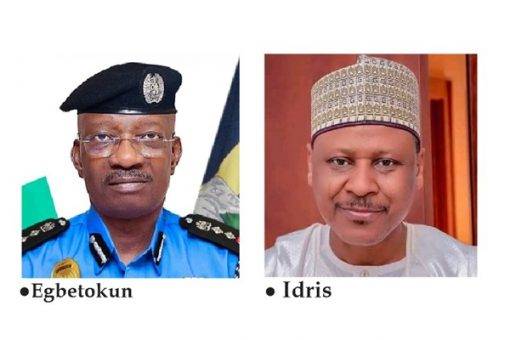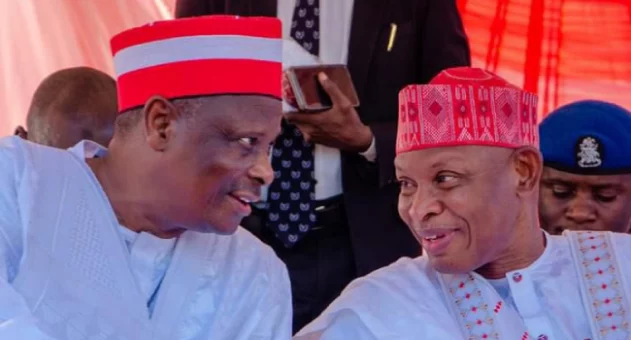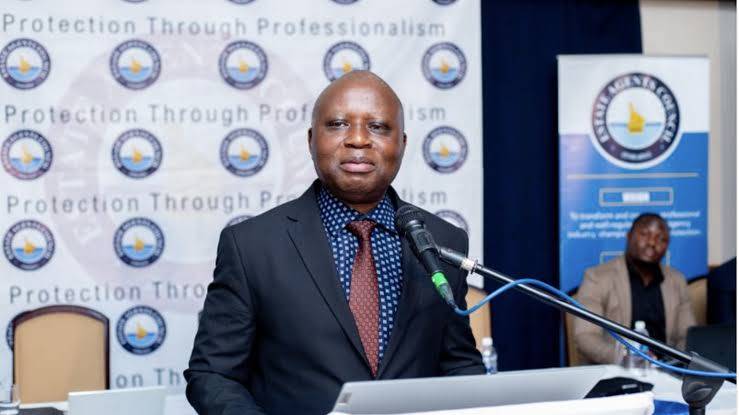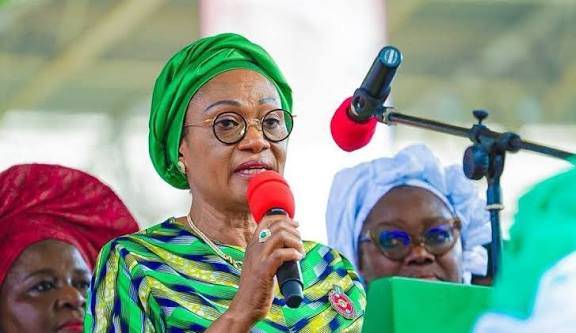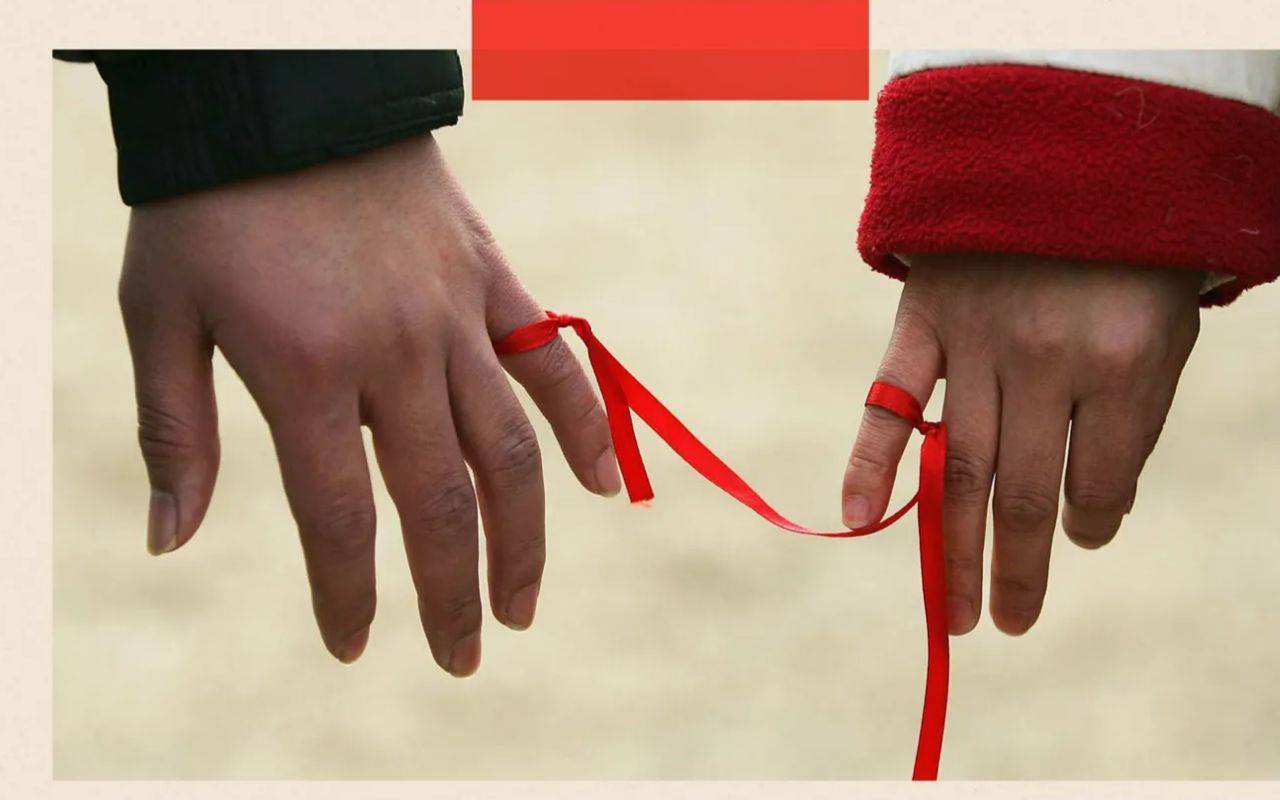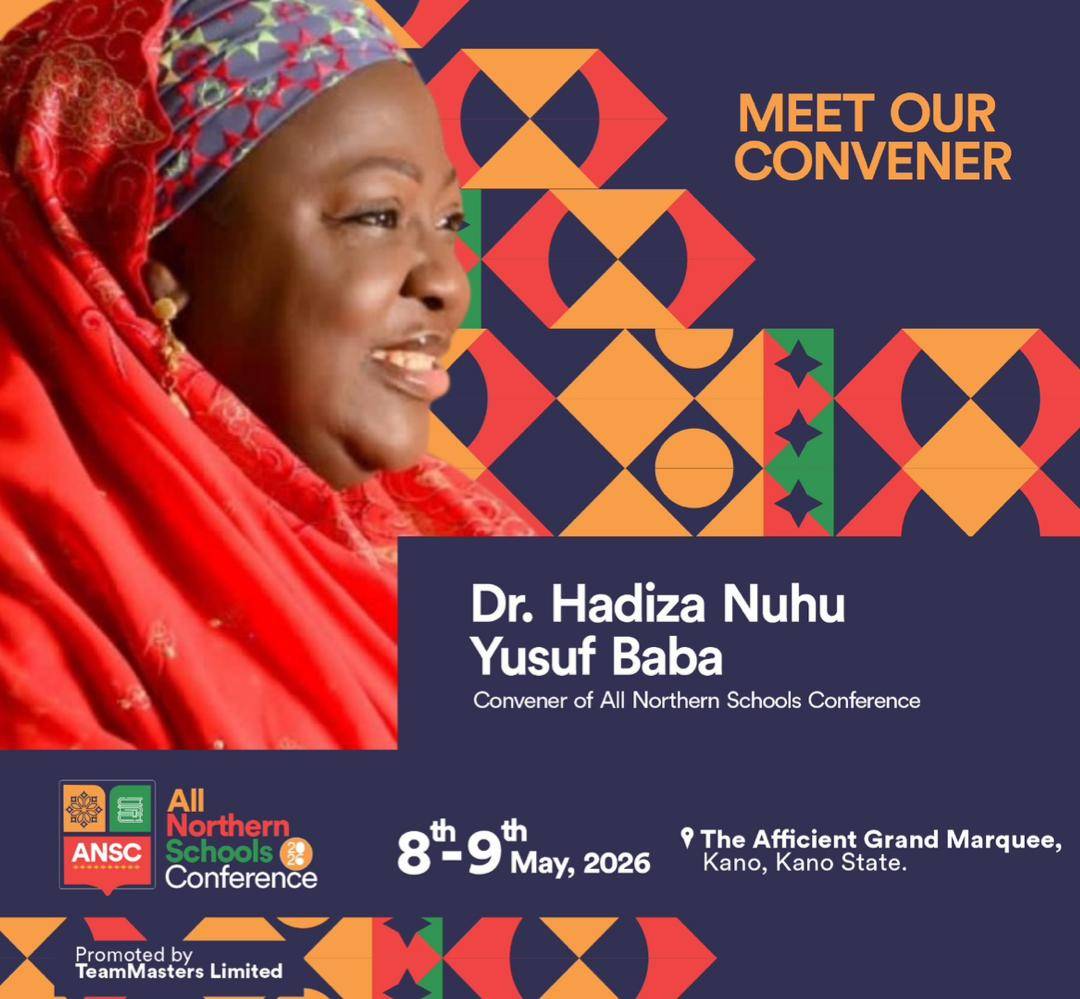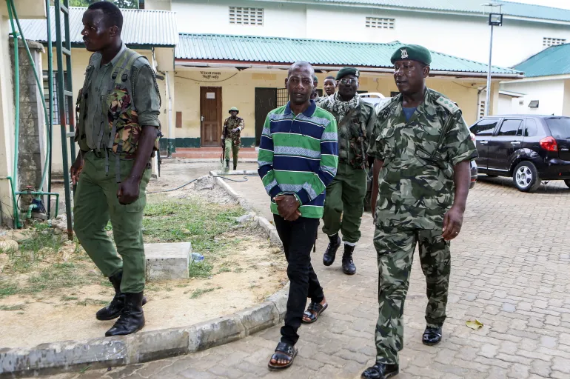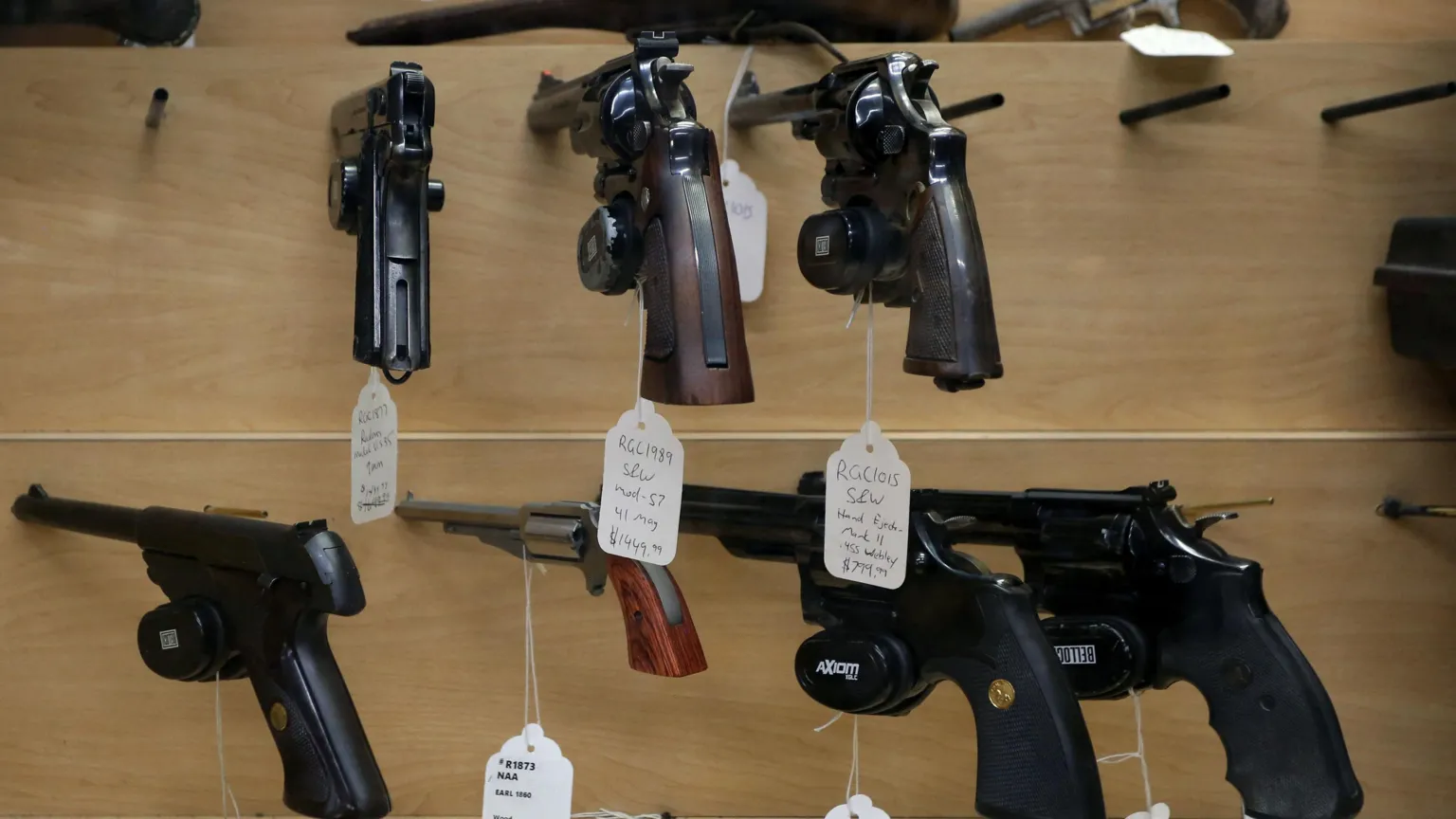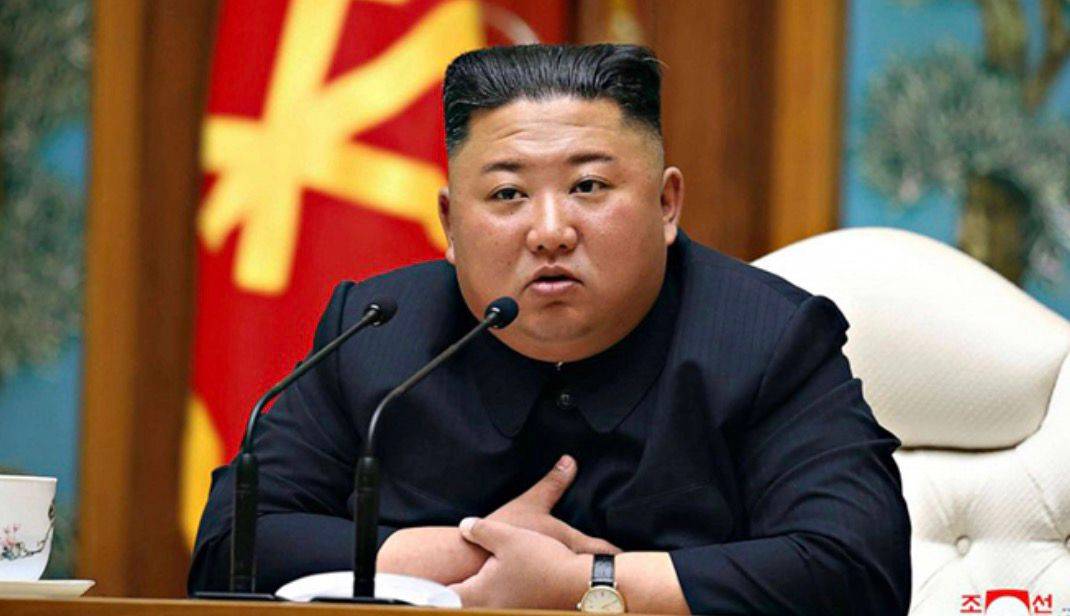By Palladium
The severest form of the protests begun on August 1 occurred in the core North. A day before the protests began, Vice President Kashim Shettima told media executives from the North that President Bola Tinubu was neither anti-North nor anti-Islam as some people in that region have been led to believe.
His refutations meant little to a region that has remained adamant about protesting the hunger and hardship in the country, despite being Nigeria’s granary. Of course, to southern protesters, Mr Shettima’s argument about the president’s bona fides was not in consideration. Nostalgia over the October 2020 EndSARS protests and the euphoria they felt flexing youthful muscles that discomfited and perplexed the older generation, much more than hunger, helped them make up their minds to pour into the streets on August 1 and to try and sustain it for much longer than anyone was willing to give them credit.
Mr Shettima’s refutations suggest that the government heard tangible but disturbing whispers about the real undercurrents of the protests. He knew, and even the South also squirmed, that the president had by series of strategic and copious appointments bent over backwards to placate the North. When the protests broke out, it became clear that the president’s overtures had had little effect. He may have finally realised that there is not much he can do to counter the narrative of the biases insinuated into his policies and, strangely, even his appointments. He and his team, including the vice president, probably understand, but will not voice it, that the hatred the president is accused of showing the North and Islam is really all about the Central Bank of Nigeria (CBN) probes, his radical and peremptory policy on subsidy, and the unprecedented Forex measure. These are impactful policies that attempt to dislodge powerful cabals. The powerful interests will not give up without a fight.
It is suggested that the Tinubu administration had carried on as if the economy was crisis-free and there was no hunger or hardship in the country. Here, the protesters’ arguments and observations are incontrovertible. The president was supposed to lead the cost-cutting measures, starting with himself and his office, and then spread the sacrifice to other arms of government and agencies and departments. Instead, his cabinet became swollen, and other provocative and lavish expenditures by appointees, lawmakers and agencies mocked the sufferings of a wearied people. Regardless of whatever other reasons informed the protests, the failure to demonstrate prudence became the main highlight of the street actions. The president will have no choice now but to address these concerns and lead the effort to urgently rationalise costs and run an efficient administration. He will also tread more carefully regarding the kind of projects he embarks upon.
In the months ahead, however, he will be in a perfect quandary. He will heed public anxiety to conjure an efficient government, but whether it will be enough to allow him run a crisis-free administration, one not beset with distractions and public and opposition animosities, remains to be seen. From all indications, given his loathing for the flip-flop that pervades Nigerian politics, he is unlikely to abandon his monetary reforms or reintroduce fuel subsidy beyond its present, discrete level. He cannot also help himself with regard to his 2023 election victory for which his co-contestants have sworn not to give him peace of mind. Potentially, therefore, President Tinubu’s nightmares have just begun. He will survive this challenge, as this column predicted last week, and indeed he will serve out his term; but whether his enemies will let him rest or give him the latitude he needs to pursue the comprehensive reset of the economy is not altogether clear. He is famous for being stubborn; but so are his enemies. They will bruise his heels; but he will also break their backs. It is not that he cannot attempt to find common grounds with his hidden opponents; it is simply that his enemies have dug their heels in very firmly.
The administration did its best to stave off the protests. When officials suggested the street actions might be hijacked, and advocated for either dialogue or total cancellation of the protests, sceptical Nigerians accused the administration of incipient dictatorship or fabrications. The spontaneous hijack of the protests in the North confirmed the government’s worst fears, seeing how the region easily became combustible, including, surprisingly, in states ravaged by banditry and insurgency. The South fared far better in smothering the predilection for violence. Apart from this superficial difference, the protests exposed very vividly the alarming fissures in the polity. In the North, considering the avalanche of children numbered among the protesters, a time of reckoning appears imminent. Decades of leadership failure in the region, years of governmental profligacy, and a long period of sustained sense of entitlement borne out by huge federal allocations have paradoxically produced millions of young, uneducated and angry northerners. They may be manipulated today, and deployed to secure more concessions from the federation, but not too long from now, they will become uncontrollable. The signs blaze forth in the ongoing protests over a region that is sitting blissfully on a powder keg. The inescapable explosion will, however, not be confined to the North, as indeed banditry and insurgency have shown by leaving their destructive trails in every home in the country.
Something can be done to mitigate the looming catastrophe; but will that something be done? There is nothing in the protests to suggest that anything will be done. The only ray of hope lies in a few brilliant and ambitious and visionary governors that are beginning to take office in the region. They see the dangers ahead, do not exhibit or promote any sense of entitlement, and are desperate to reshape their societies. The country must hope that their efforts are not too little too late. Last week and the week before, this column warned that the protests, if allowed to hold, might unleash an irreversible process that could doom the country. The predictions are alarmingly being borne out. If anyone in leadership is unable to see the storm brewing ahead, he is not worth his office, including those encouraging the protests and gloating over the discomforts of the administration. When the explosion occurs – for the forces are pressurized in a small but overpopulated container – no one will be spared.
There is also a second and even more apocalyptic fear that exceeds the misdirected rage of abandoned children. The narration of youth versus elders, and the extrapolation that the latter do not care about the former, is a despicable expansion of societal hierarchies and classifications. This obnoxious differentiation is gradually calcifying in Nigeria, not in terms of targeting goods and services for the various classes, but in fanning political and societal discord that drive resentment and hostility. Much more than EndSARS, some elderly Nigerians and government officials have begun to sense the danger this definitional excess constitutes to the body politic. Futures and destinies of youths and elders are inextricably intertwined. It is fallacious to argue that youths are excluded from governance. While federal and state governments have an obligation to deliberately and systematically recruit and train young people into leadership cadre, just as is being done in the private sector, the youths themselves must show the inclination, character, hard work, discipline and brilliance necessary to receive attention. Nigerians should stop promoting nonsense.
More than 99 percent of those interviewed at the protest grounds have no coherent understanding, beyond clichés, of the economic and societal issues assailing the country. Even the Lagos crowd, which is supposed to be fairly more cosmopolitan, showed a horrifying staleness in rationalising their revolt.
Apart from the generational and parental crises the protests exhumed, not to say the failure of government to be proactive about the issues in dispute, there is also the worrisome legal dimension to the protests. The protesters abhor the government’s alleged manipulation of the justice and electoral systems, but they also show disdain for the rule of law. Section 40 of the 1999 Constitution of the Federal Republic of Nigeria provides for the rights of Nigerians to freely assemble, including for the protection of their interests.
Verbatim, the section reads: “Every person shall be entitled to assemble freely and associate with other persons, and in particular he may form or belong to any political party, trade union or any other association for the protection of his interests; Provided that the provisions of this section shall not derogate from the powers conferred by this constitution on the Independent National Electoral Commission with respect to political parties to which that commission does not accord recognition.”
The scope of this section is derogated by both the Independent National Electoral Commission with respect to political parties, and by Section 45 of the Constitution with respect to the nature of these assemblies. It is trite law that a peaceful assembly may be dispersed by any means when it morphs into the unwelcome ogre of a riot. The government warned that there were reasonable suspicions and intelligence that agent provocateurs were being commissioned and deployed by enemies of the polity to vitiate the protests and ensure it morphed into that most undesirable of things — a riot. The provision in Section 40 is echoed in Chapter 9, Article 11 of the African Charter on Human and Peoples’ Right which Nigeria is a signatory to. It enshrines the Right to Freedom of Assembly. But, in their haste to enjoy the benefits of Section 40 above, Nigerians often forget the Public Order Act of 1979, Section 1 of which empowers a state governor to prescribe the route by which and the times at which any procession may pass. Anyone desiring to organise a protest should familiarise themselves with all the provisions of this Act.
It was not until a day or two before the protests began that the government secured pre-emptive court orders to restrict the protesters to certain designated spots for their rallies. While the interim injunctions were largely obeyed in the South, they were discountenanced in the North, especially Abuja, the Federal Capital Territory (FCT), on the grounds of inaccessibility to protest venues. But at the root of bad governance is disobedience to court orders, the contempt for the rule of law. If those who seek an end to bad governance fail to appreciate the centrality of the rule of law, the basis of their campaigns become questionable. The disregard for the rule of law flows seamlessly into the disregard for logic in the presentation of the protesters’ 12-point demand to the government. The demands are as follows: “Revert petrol pump price to N100/litre; Combat insecurity and hunger; Close all IDP camps and resettle the campers; Total electoral reform; Independent probe into the electoral budget of N355 billion; Immediate release of ENDSARS protesters still in detention; Implementation of a living wage (the minimum wage of N300,000); Compulsory free education from primary to secondary school; Children of public office holders must attend public schools in the country; The government must patronise made-in-Nigeria goods; Transition to unicameral legislation; Judicial and constitutional review.” Previously 20, the list has been pruned down to weed out demands like freedom for IPOB leader Nnamdi Kanu, and other items that involved completely jettisoning the 1999 constitution.
The protest was obviously hurriedly put together, and the demands largely farcical, sentimental and indefensible. The demands do not do honour to the education, rationality, and competence of Nigerian youths. The appalling incompetence of the drafters of the demands may explain why they are reluctant to present themselves for negotiation with the government.
They will simply make a fool of themselves. But despite public misgivings, the about two weeks notice they gave the government was enough to kick-start meaningful reforms of governance process and the introduction of massive cuts in cost of governance. Instead, the government concentrated on averting the protests. The administration is nevertheless expected in the days ahead to address some of these issues, particularly how to cut the cost of governance and publicise their resolutions. They are already doing so much to retool the economy, but they have not done enough to ensure the government is running efficiently and officials, whether at the executive or legislative and judicial levels, are aligned with the wishes of the public. The administration must also coax the legislature to systematically enable constituencies engage their representatives in order to resolve some of the controversial issues needlessly promoted to the level of national discourse, not to say national protests.
What is obvious from the protests is that the legislature is sitting pretty and aloof on the perfumed heights of fictional mountains, with no real engagement with their constituencies, while state and local governments have, in military command fashion, ceded responsibility and blame to the national government. The North has been the more violent in the protests, but when it comes to midwifing substantial change, in light of the protesters’ demands obviously largely drafted in the South, the region is the more conservative and less amenable to comprehensive restructuring. Too many things reek of bad faith in the demands and the execution of the protests, too many contradictions, too many secret plots, and too much cavalier treatment of issues and controversies that could easily fracture the country irreparably. Worse, the country may not yet be out of the woods; for if matters, particularly the economy, remain unimproved for long, there is no telling what convulsions might yet shake the country to its foundations, whether those protests are sensible or foolish. For now, the public may focus almost single-mindedly on the Tinubu administration, and they are justified, for he is president, and the buck stops at his desk. But the quality of the opposition is even much poorer, in fact, humiliating to the country.
Culled from The Nation


